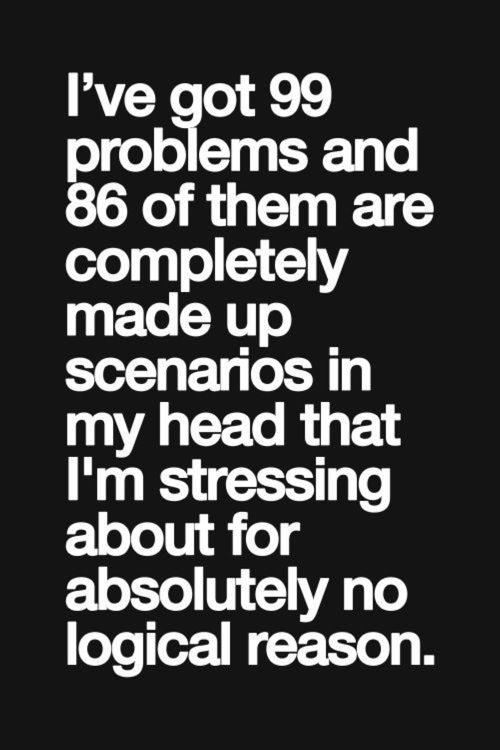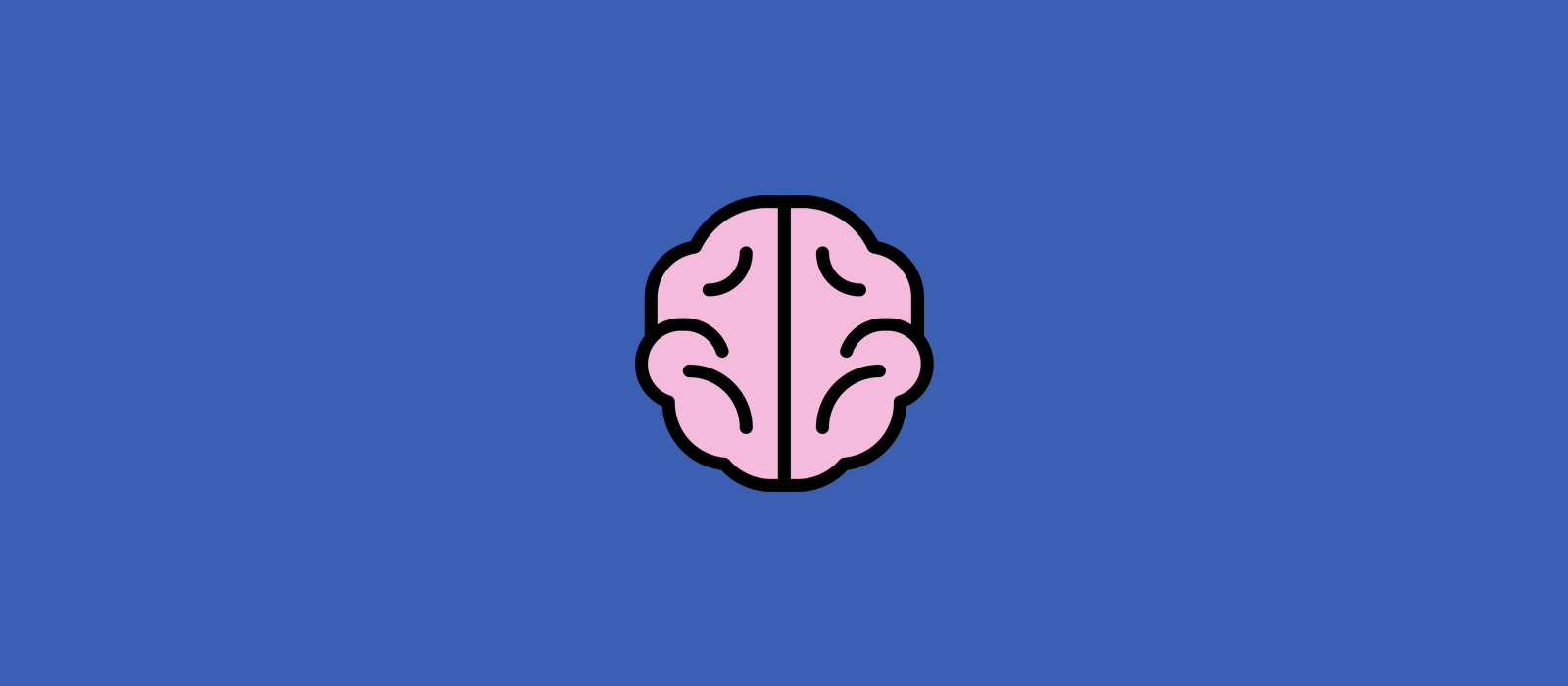I don’t know if you have this problem, but I struggle with it quite a bit.
I think too much. When I wake up, when I eat, when I shower, when I sleep. It’s nonstop.
I live in my head. At times this is great. I’m an introvert after all, so naturally I love being in solitude, alone with my thoughts. The problem is, I end up getting into my own head and bickering with myself, over analyzing my life, my choices, and my decisions.
Do you ever do the same? All I know is that it’s not a productive way to spend my time. Questioning what you do constantly is as good a form of procrastination as anything else. My wife can attest to how many times I say, “I don’t know what I’m doing with my LIFE!”.
More than I care to admit and yet I know I’m not alone. I know, on some level, that most of us have no f*cking clue what we’re doing, but we keep pushing forward and figure things out, one step at a time. Which is great, but the underlying problem remains thought: I think too much. I think about random and useless things:
“Is this the right thing to be working on?”
“Maybe I should focus on something else?”
“This is terrible I shouldn’t even bother pursuing it.”
“Why have I not figured out my life yet!”
“What is the next best, perfect step to take?”
“Why is nothing I’m doing working?”
These questions aren’t necessarily bad, if you’re asking them for the first time or when you’re starting something new. They ARE bad when you keep asking yourself, after you supposedly made a decision already.
The questions themselves come from fear, ego, and envy. I think mostly about things that I have no control over. Very un-stoic of me. Seneca would be quite disappointed, yet here I am.
And what happens when you allow such thinking to take hold of you? A few things.
1. You question your decisions.
Why am I doing this? Look at so and so doing this and that and being awesome. I should have done that instead. This line of thinking is just evil. What we often fail to realize is that every person who is successful today had their doubts along the way, whether they voice them or not. It’s only natural.
The problem is when those doubts and questions distract you from doing real work. When you question everything you do, you end up not doing anything at all.
2. You create problems that aren’t real.
Another problem with over thinking is that you can easily psych yourself out. You think about the most minute details and problems and challenges ahead that you fall into a waterfall of worry that just doesn’t let up. Your thinking is creating problems instead of solving them.
The exact opposite of what they should be doing.
3. You don’t work, you think even more.
The biggest issue that all of this thinking culminates in is that instead of doing the work, you end up thinking about it. This still feels productive, but it’s not.
You’re suffering from analysis paralysis and like I said, it’s a vicious cycle that just compounds.
 Of course, thinking isn’t inherently bad. Actually its a great thing to do, if you’re doing it productively. Thinking about thinking is even more important and it’s known as metacognition in the world of psychology.
Of course, thinking isn’t inherently bad. Actually its a great thing to do, if you’re doing it productively. Thinking about thinking is even more important and it’s known as metacognition in the world of psychology.
The problem is when all you do is think in a negative and useless manner. Thinking about what ifs and doubts and fears and failures is not where your thoughts should be. So what should you be thinking about? Two things really.
1. Problem solving. Facing a defined problem without an answer is the perfect time to think. To use your knowledge, your ideas, and your creativity to find a solution, is what thinking is all about. Thinking is for problem solving.
2. Processing information.When you are acquiring knowledge, whether about some subject or even yourself, thinking helps you place that information within the network that is your mind. You need to make sense of it within the web of knowledge that is everything else you know. In this way, thinking again is productive.
All other moments? It’s probably not the way to go.
A great many people think they are thinking when they are merely rearranging their prejudices.William James
William James was a psychologist, who worked his way into being known as the father of American philosophy. His approach to thinking sheds light on how our brain and thoughts work. The key point that he brings up is how we need to be aware of our thinking when we are doing it.
Far too often, we’re struggling with unproductive thoughts: doubt, fear, ego and the like, rather than thinking to solve or learn or do.
We are just going in circles on a carousel of our mind, moving thoughts from here to there, but not truly changing anything or making progress. When you notice this kind of thinking, you need to move past it, as quickly as you recognize it. Ignore it, put your head down, and make stuff.
James put it best when he said, “The greatest weapon against stress is our ability to choose one thought over another.” We need to be aware of our thoughts, and make our thinking work for us, not against us.
Of course these thoughts will never completely go away. It’s natural to have doubts and to experience fear.
The key is not letting them consume or overwhelm you. Hopefully you can keep this type of thinking under control, so you can be productive. It’s not easy, but mastering your mind is one of the most important skills of the 21st century.
Try to cultivate this ability and make your mind work with you.

